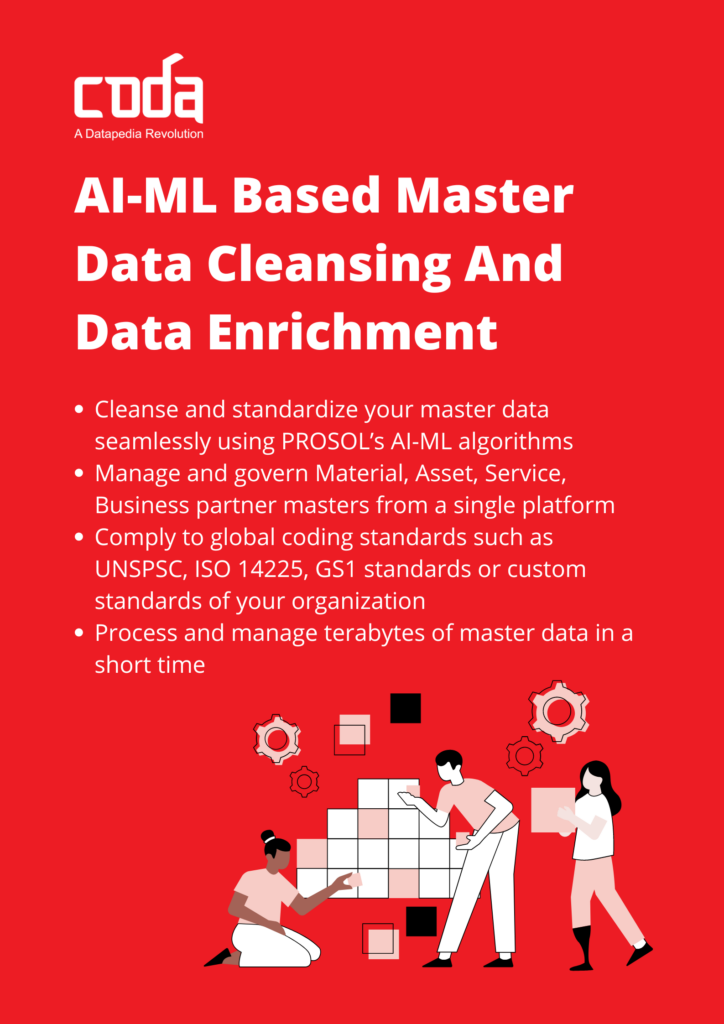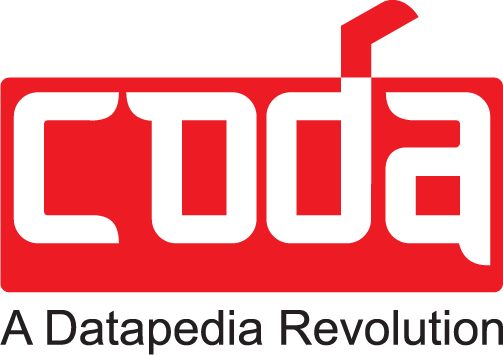In today’s data-driven world, businesses in industries such as oil & gas, petrochemicals, pharmaceuticals, and other manufacturing sectors rely on high-quality, standardized data to make informed decisions. For companies operating in the MENA region, where market dynamics are complex and diverse, ensuring that data is accurate, relevant, and error-free is crucial.
Data cleansing plays a vital role in achieving this level of data integrity, particularly in sectors where compliance, safety, and operational efficiency are paramount. Let’s explore the importance of data cleansing in Master Data Management (MDM) for these critical industries.
What is Data Cleansing?
Data cleansing is the process of identifying, correcting, and preventing errors in data to ensure it is accurate, consistent, and free from flaws. This process is essential for industries like oil & gas and pharmaceuticals, where data accuracy is critical for regulatory compliance, safety protocols, and operational efficiency.
By removing duplicates, correcting inaccuracies, addressing inconsistencies, and filling in missing data, companies can maintain a high standard of data quality that supports their business objectives.
The Importance of Data Cleansing in Key Industries
For companies in the MENA region, particularly those in oil & gas, petrochemicals, and pharmaceuticals, effective Master Data Management requires data that is accurate, efficient, and optimized for industry-specific needs. Here’s why data cleansing is indispensable:
1. Enhancing Data Accuracy for Compliance and Safety
In regulated industries such as pharmaceuticals and oil & gas, data accuracy is not just a business necessity but a legal requirement. Data cleansing ensures that your data is accurate, relevant, complete, and free of errors.
This is particularly important for maintaining compliance with industry regulations, such as environmental laws in petrochemicals or safety standards in oil & gas operations.
2. Boosting Operational Efficiency in Manufacturing
Data cleansing plays a crucial role in optimizing operational efficiency, especially in complex manufacturing processes. By leveraging data parsing and advanced technologies like Artificial Intelligence (AI) and Machine Learning (ML), companies can manage large datasets efficiently, reducing errors that could lead to costly production delays or quality control issues.
3. Optimizing Data Storage for Better Resource Management
Clean data requires less storage, eliminating unnecessary and inconsistent information. This optimization is particularly valuable in industries where data storage and retrieval efficiency are critical, such as in supply chain management for pharmaceuticals or inventory control in petrochemicals.
4. Improving User Experience and Customer Satisfaction
In the competitive markets of the MENA region, clean data fosters trust and enhances customer satisfaction. By eliminating delays in data transmission and reducing errors, data cleansing contributes to a smoother user experience, which is crucial for maintaining strong customer relationships in both manufacturing and non-manufacturing sectors.
The Data Cleansing Process for Industry-Specific Applications
To achieve high-quality data, businesses in the oil & gas, petrochemical, and pharmaceutical sectors should follow these key steps in the data cleansing process:
1. Removing Unnecessary Data
Identify and eliminate irrelevant data that doesn’t contribute to your business goals. For example, in the oil & gas industry, data related to obsolete equipment may be irrelevant to current operational analysis and should be removed from the dataset.
2. Data Deduplication for Accurate Record-Keeping
Duplicate data often arises from multiple sources, such as spreadsheets, equipment sensors, and regulatory databases. Data deduplication helps reduce storage requirements and increases efficiency by eliminating redundant data, ensuring that all records are accurate and up-to-date.

3. Managing Structural Errors for Consistent Data Quality
Address errors like misspellings, missing data, and improper formatting. In industries like pharmaceuticals, where precise data is critical for quality control and regulatory submissions, managing these structural errors is essential to maintain data integrity.
4. Outlier Identification for Accurate Analysis
Outliers can significantly impact data analysis, leading to incorrect conclusions. In the petrochemical industry, for instance, identifying and addressing outliers in production data can prevent costly operational disruptions and ensure consistent product quality.
5. Data Validation for Compliance and Efficiency
The final step involves verifying that the data is accurate, complete, and ready for analysis. This includes checking for duplicates, correcting structural errors, and ensuring that the data is in the correct format for your analysis tools. In highly regulated industries, data validation also ensures compliance with legal standards, such as FDA regulations in pharmaceuticals or environmental standards in oil & gas.
Conclusion
For businesses in the MENA region, particularly those in critical industries like oil & gas, petrochemicals, and pharmaceuticals, dealing with poor-quality data is a significant challenge.
At CODASOL, we’re all about turning your data into a powerful asset. Our CODA platform and PROSOL SaaS solution, backed by AI and ML, are designed to tackle the toughest data challenges in industries like Oil & Gas, Petrochemicals, and Pharmaceuticals.
We make sure your data is accurate, compliant, and seamlessly integrated with top ERPs. If you’re ready to take your data management to the next level and see real results, let’s talk about it.


